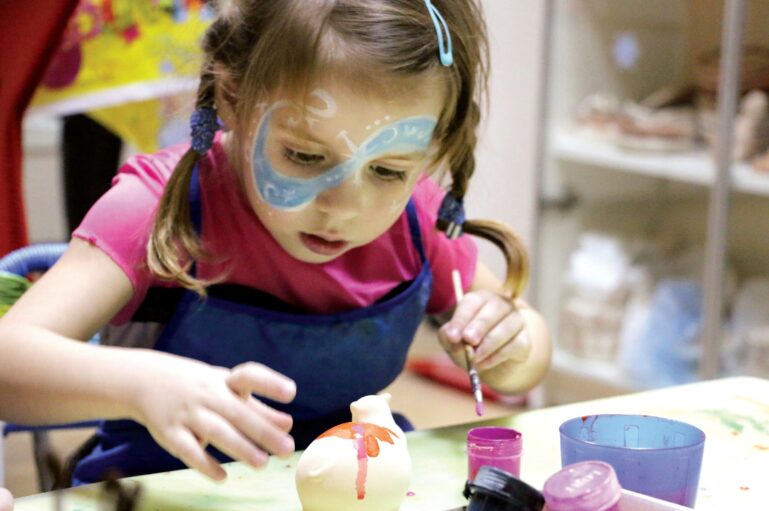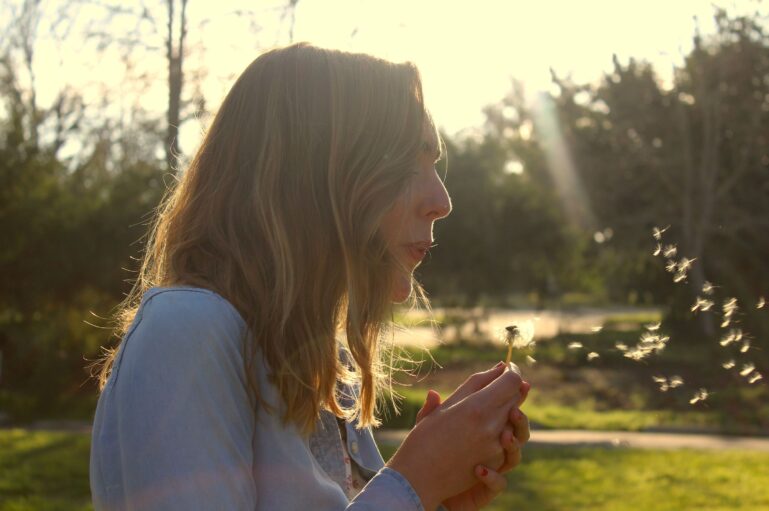When at home, and particularly in the spring and summer months, we like taking the dogs for a walk in the evening – the day starting to cool and the wind hopefully dying and coming to rest, probably to regain its strength for its onslaught during the following day. We usually walk on a nearby open piece of ground and forest area – the dogs can be set free to roam, sniff and do what dogs typically do. We have not always walked in this area, in spite of living in the suburb for the past fifteen years – in previous years, the ground was neglected, full of weeds and pests – that is, until two years ago, when an elderly gentleman started transforming the environment.
Over the months, while walking on the road past the “field”, we started noticing small changes – the long grass in certain areas cut down, weeds removed in other areas and indigenous plants starting to spring up in areas that had been prepared for them. We puzzled over who the originator of these changes could be – certainly not the local municipality who would hardly care for this piece of unused ground. Little paths began to be formed, lined by beautiful flowers and indigenous southern African vegetation. We started deviating from the normal route along the road to follow some of these paths, the dogs also keen to experience the new smells and new terrain. Little by little, hundreds and hundreds of square metres of ground became transformed into an indigenous paradise, a place to be enjoyed by anyone who was prepared to take the time to experience it.
Then we met the “gardener”. He seemed fairly ordinary at first glance – white hair, wrinkled, slightly bent over. His clothes were neat, but old, too. We introduced ourselves and thanked him sincerely for his efforts in creating the garden. He nodded politely and kept on with his work. I sat down next to him, but did not interfere with his work – I would not have known what to do and anyway, as the old man told me, it was his project. No one was paying him to do the work – he was just doing it because he saw that the ground was neglected. Consequently and consistently, he would spend a few hours every day clearing, weeding, preparing the ground and seeding it. Slowly the land started changing, the transformation taking root, seeding itself and displaying its grandeur to all, particularly during the spring and summer months.
I am intrigued by the old man – no one told him to garden, the property doesn’t belong to him, no one pays him, no one supports the project. He has taken responsibility for the neglect of others and is making a huge difference by using his giftedness, the ability to garden, within the environment. We now enjoy his contribution, every evening, and benefit from his green-finger talents.
Using one’s giftedness appropriately and consistently can lead to transformation in whichever environment it is applied. Hundreds, even thousands, of people can benefit from this contribution. One of the keys to this potential transformation lies in the generosity of the giver. Selfishness never leads to beneficial transformation.










